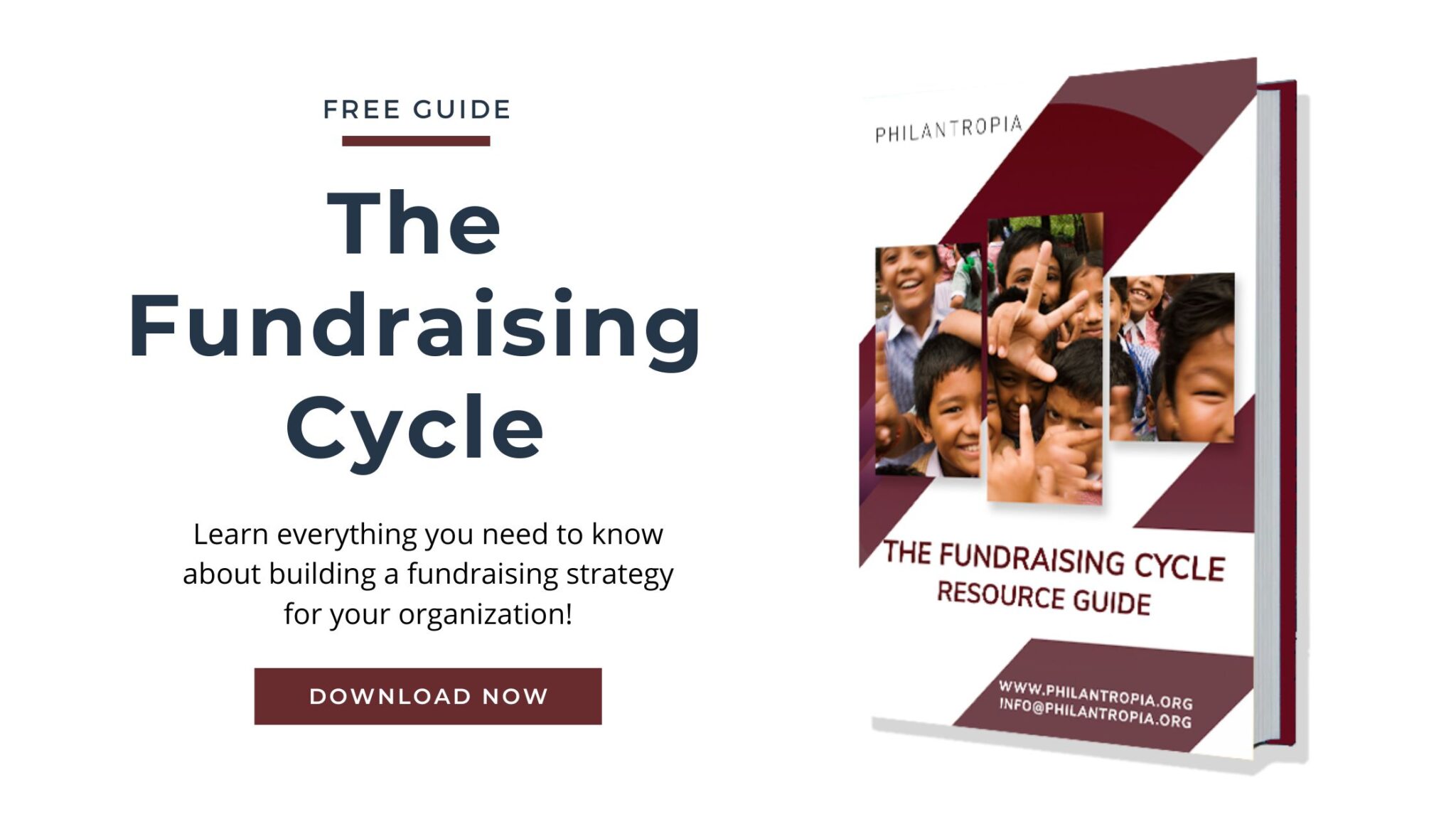Most NGOs want to increase their core funding as it is flexible and carries fewer restrictions than project funding. While not the solution to every problem, NGOs that increase core funding can improve sustainability, flexibility, and project quality. This article discusses concepts and provides tips to help increase your core funding.
What is core funding?
Core funding is usually defined as financial support that covers the basic “core” organizational and administrative costs of an NGO, including salaries of non-project staff, rent, equipment, utilities, and communications.
Core funding is sometimes called indirect funding, cost recovery, administrative cost, overhead, or unrestricted funding. Core funding should be understood as covering expenses that are required to keep the NGO functioning independent of any projects being implemented.
Donors may have their own specific definitions and rules covering core funding. Some donors have strict guidelines on how core costs should be reflected in the budget and spent, while others are more flexible. Few will complain if unspent core funding is re-allocated to projects. It is very important to understand each donor’s rules and regulations. When in doubt, ask.
Why is core funding important?
Core funding is important for the long term financial sustainability of an NGO and its effective functioning. There are many important long-term benefits of core funding to consider:
Improving project quality. Core funding improves NGO capacity to deliver high-quality projects by ensuring staff are trained and have the tools to perform. Core funding may also provide cost-saving over time, as high-quality NGOs can deliver projects better, quicker, and more efficiently.
Help reduce staff turnover and increase job security. Having additional resources available in lean times can ensure that staff continues to get paid. Having a budget for staff development, staff retreats, training, and safety help reduce staff turnover and increase job satisfaction. NGOs that offer good benefits and a great work environment can attract high-quality staff and in turn improve project quality and impact.
Act fast in emergencies. NGOs that have financial leeway can act quickly and flexibility to rapid developments. If an emergency requires a rapid response, core funding offers the NGO the ability to adapt.
Reduce risks. Core funding is also critical to those NGOs working in unsafe or emergency situations. Investments in safety equipment (CB radios, mobile phones, office security), logistics (transport), and security training help reduce risk to staff and equipment.
Increase project and financial efficiency. Donor investments in monitoring and evaluation (M&E) can lead to improved implementation and reporting. Improved financial controls and reporting ensures that donor investments are safeguarded and have the maximum impact.
How can I get core funding?
There are many clear advantages to increasing your core funding.
What are some of the techniques that can help?
Identify donors that are more likely to provide core funding. When researching donors, many will state on their website whether or not they will provide core funding (some will not). If unsure, you can ask the donor what their policy is on core funding.
Ask your current donors for core funding. Donors that have provided funding to you before are likely to be more receptive to requests for core funding.
Develop funding proposals that focus on organizational development and sustainability. Create an organizational advancement or sustainability project to help you attract flexible funding. Some donors are interested in developing organizational capacity.
Include sufficient core funding in your project budget. You can include certain core costs as budget lines (e.g. a percentage of the monthly rent or the time of the accountant) as well as add it as an overhead percentage of the total budget (e.g. 15%).
Understand the amount of core funding you need. One technique is to divide your annual core budget by the annual total NGO budget. This will give you an average percentage of your budget that is core funding. E.g. if you have a $100,000 annual total budget, and your core cost are $25,000, your average core funding percentage is 25,000/100,000=0.25=25%. Knowing this, you should aim to include at least 25% or more core costs in every project budget.
Do all donors provide core funding?
Most donors will provide core funding, but some will only pay for project cost, shifting the burden to other donors and the NGO. Some donors allow core funding to be included as specific budget lines (e.g. a portion of the rent, utilities, etc.) and on top of that add an overhead percentage (e.g. 5%, 10%, or more of the total budget).
What if a donor is not willing to pay for core funding?
Any budget submitted to a donor should include the core costs associated with that project. In other words the percentage you have calculated as core (see above).
For example, if the budget request to the donor is $10,000 and your core costs are 25% of your budget, you should include at least $2,500 of core cost either as specific budget lines, an overhead percentage, or a combination of both.
Do not be shy in pushing the donor to include the core budget as the cost of excluding those can be high. Use some of the reasoning highlighted above to argue your case. Ask the donor if the core cost directly related to the project can be included as specific budget lines. Stress that you have an organizational responsibility as well as strive for equity between donors. Be willing to walk away from a grant if it is detrimental to your NGO. Accepting too many grants that do not cover core expenses will slowly suffocate your NGO.
Having an adequate core budget ensures impact and good value for money. Something all donors should want!




Thanks, Erik for your philanthropic heart.
God bless you and your family abundantly for your service.
Jothi
Dear Mr. Detiger, I wish to inform you that I am Senior Advisor of the Coalition on Media and Education for Development a partner to the African Union Human Resources, Science and Technology Department in order to provide support to the African Union for the popularization of its policy instruments such as Agenda 2063, and other education related instrument namely the Continental Education Strategy, the Science, Technology and Innovation Strategy for Africa and the Continental Strategy for Technical and Vocational Education and Training into African Union Member States as well as the Sustainable Development Goals. CAFOR promotes the use of… Read more »
Thanks, dear Erik
Hi, thank you for putting this online and explaining what core funding is. I will be able to take this to my Chama so they can better understand and know that I am not just making stuff up. It is very very sad that most donors do not really seem to listen to what we-all need, but rather push us to fit in with their preconcived notions. In the movie BACK TO SCHOOL Rodney Dangerfield takes the business professor down a few pegs. I would love to do the same but that would only GUARANTEEE that we-all would sink into… Read more »
sankalpa2054@gmail.com